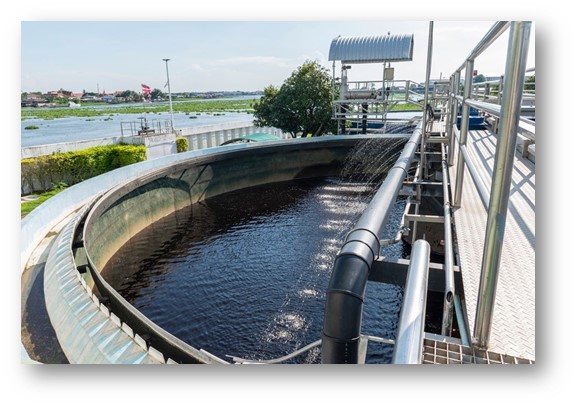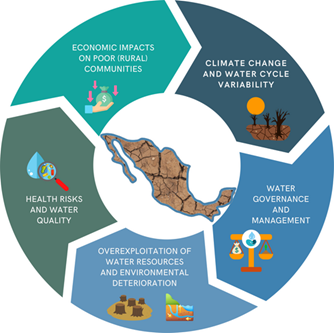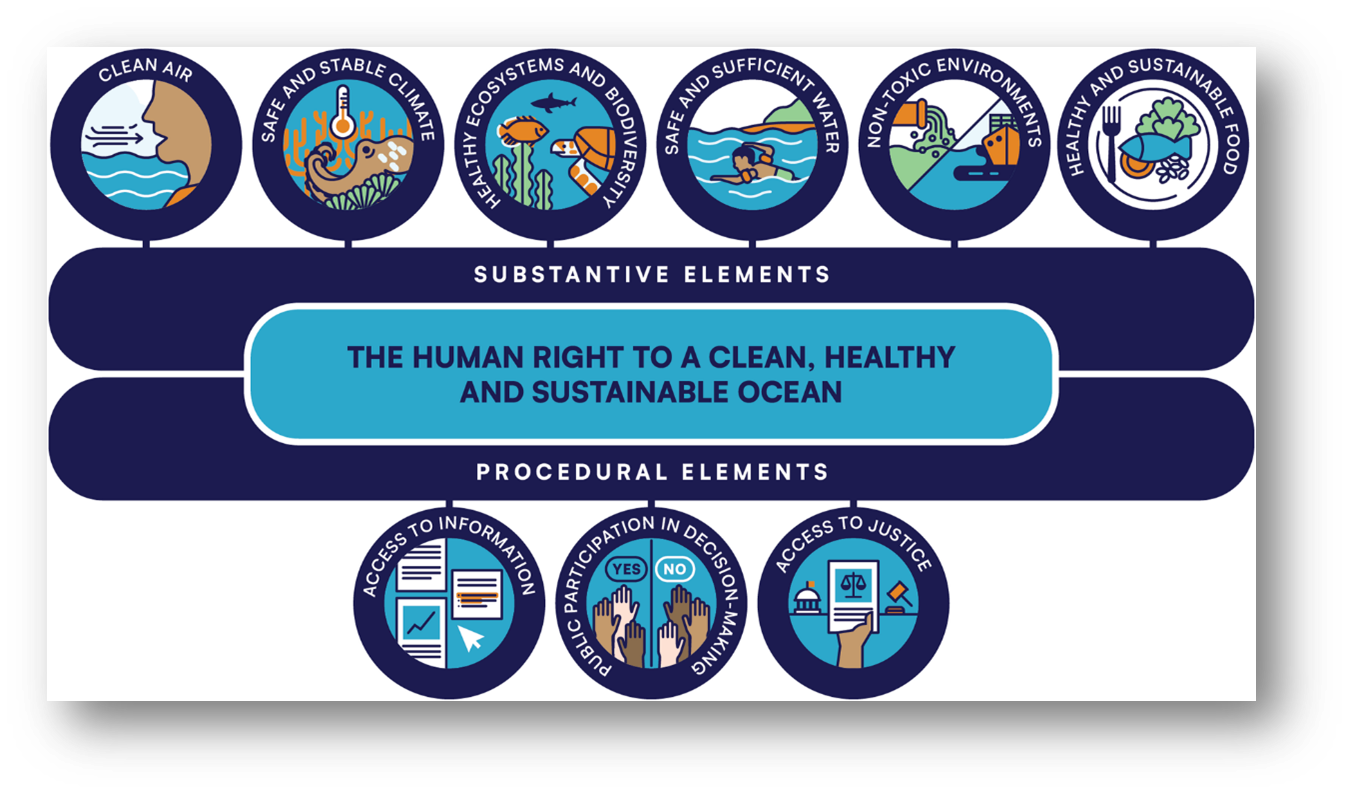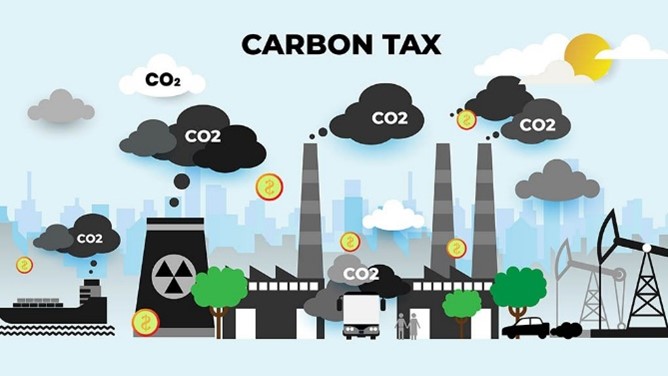Governance challenges in addressing global freshwater crises

Governance challenges in addressing global freshwater crises
by vivienne 05:44pm Dec 31, 2024

Addressing global freshwater crises involves significant governance challenges, as the issue is complex, multifaceted, and requires cooperation across political, social, and economic boundaries. Key governance challenges include:
1. Fragmented Jurisdiction and Policy Frameworks
Transboundary Issues: Many freshwater sources, such as rivers and aquifers, cross international borders, leading to conflicts over water rights, allocation, and management.
Lack of Coordination: Different agencies and levels of government (local, national, regional, global) often work in silos, creating policy inconsistencies and inefficiencies.
2. Inequitable Access and Distribution
Resource Allocation: Governance systems often fail to address inequities, leaving vulnerable populations with limited access to clean water.
-
Privatization and Market Pressures: In some cases, water privatization exacerbates inequalities, as water becomes a commodity rather than a basic human right.

3. Insufficient Institutional Capacity
Weak Institutions: Many regions lack the institutional frameworks, expertise, or financial resources to manage water resources effectively.
Corruption and Mismanagement: Poor governance and corruption can undermine water distribution and management efforts.
4. Climate Change and Uncertainty
Adapting to Variability: Climate change exacerbates water scarcity and flooding, but governance systems often struggle to plan for uncertain future conditions.
-
Disaster Management: Weak governance structures can lead to inadequate responses to water-related disasters like droughts and floods.

5. Economic and Financial Constraints
Underfunding: Many water management projects are underfunded, particularly in developing countries.
Cost Recovery Issues: Efforts to implement cost-recovery mechanisms, such as water pricing, often face political and public resistance.
6. Data and Knowledge Gaps
Lack of Reliable Data: Decision-making is often hindered by insufficient or inaccurate data on water availability, quality, and use.
Limited Use of Technology: Developing countries often lack access to advanced water management technologies and monitoring systems.
7. Population Growth and Urbanization
Increased Demand: Rapid urbanization and population growth strain existing water governance frameworks.
-
Unplanned Development: Urban sprawl often occurs without adequate water infrastructure, leading to unsustainable water use.

8. Political and Social Conflict
Geopolitical Tensions: Disputes over shared water resources can escalate into political or even armed conflicts.
Community-Level Disputes: Local water conflicts often emerge due to competing needs among agriculture, industry, and domestic users.
9. Lack of Public Participation
Exclusion of Stakeholders: Governance processes often fail to involve local communities, women, and marginalized groups in decision-making.
Limited Awareness: Public understanding of water issues is frequently low, reducing community engagement in sustainable practices.
10. Global Governance Gaps
Weak International Frameworks: There is no global governance body with the authority to enforce international agreements on water.
-
Coordination Challenges: Multilateral efforts like the Sustainable Development Goals (SDGs) often lack mechanisms to ensure accountability and implementation.

Approaches to Mitigate Governance Challenges
Strengthening institutional capacity and investing in technology and infrastructure.
Promoting international cooperation and treaties for transboundary water management.
Enhancing public participation and ensuring equitable resource distribution.
Integrating climate adaptation strategies into water governance frameworks.
Establishing robust mechanisms for data collection and sharing to improve decision-making.
Addressing these challenges requires a comprehensive, multi-level approach that balances environmental, social, and economic considerations.






